
Dysphoric milk ejection reflex (D-MER) causes brief emotional distress during breastfeeding, often misdiagnosed as postpartum depression, requiring better awareness and support.

Dysphoric milk ejection reflex (D-MER) causes brief emotional distress during breastfeeding, often misdiagnosed as postpartum depression, requiring better awareness and support.

Approximately 6.5 million Americans are living with Alzheimer disease today, and that number is projected to rise to about 13 million by 2050.

Compelling new book discusses love, Alzheimer disease, and medical aid in dying.
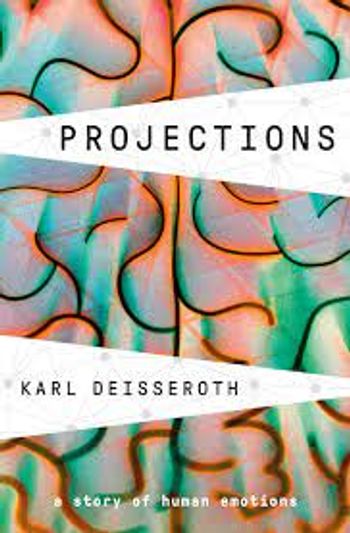
Karl Deisseroth's new book is a compelling, educational experience for readers.
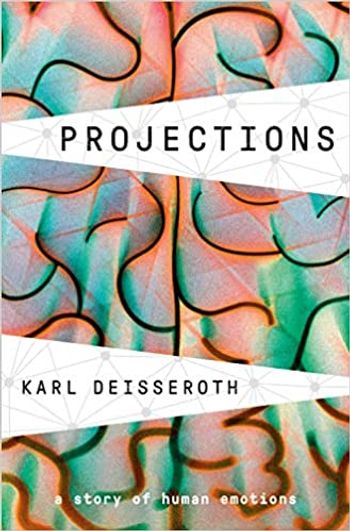
Karl Deisseroth's new book is a compelling, educational experience.

Loss of smell can be devastating for patients. How can psychiatrists deal with the associated psychological effects?
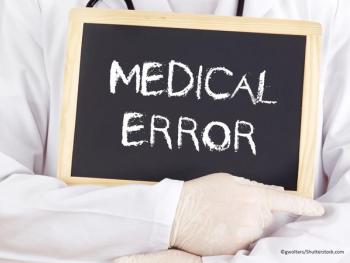
While the process of diagnosing is common to all fields of medicine, this article specifically addresses missed “medical” diagnoses in patients who present to or are being followed by psychiatrists and other mental health clinicians.
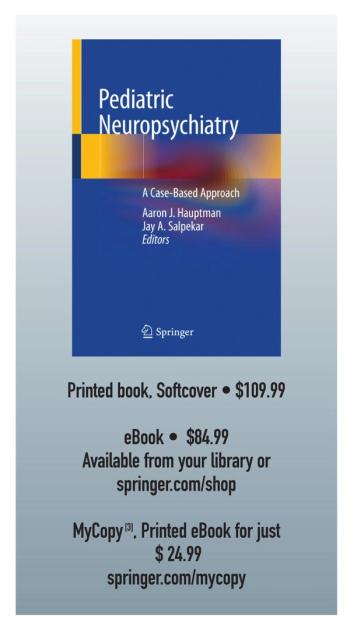
In medical publishing, the casebook format has become increasingly popular-and for good reason. A new casebook focuses on the overlap of neurology and psychiatry in child practice.

This article present some of the highlights from talks and presentations at this year’s American Neuropsychiatric Association Annual Meeting.

Functional connectivity is a “rapidly developing scientific story.” And for psychiatrists, it is a story worth following.
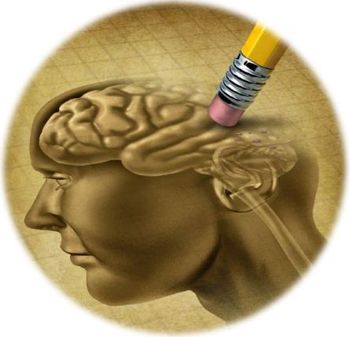
Here: what psychiatrists need to know about frontotemporal dementia. Case examples convey the variety of possible psychiatric presentations of behavioral variant FTD.
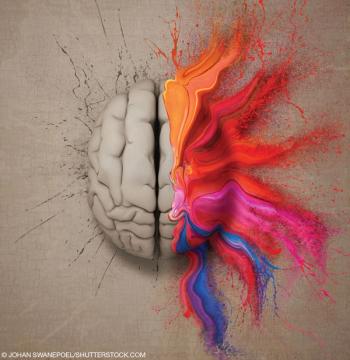
Why learn neuroanatomy? The goal for the physician is to be excitedly engaged in an ongoing process of expanding his or her knowledge about the brain and human behavior.
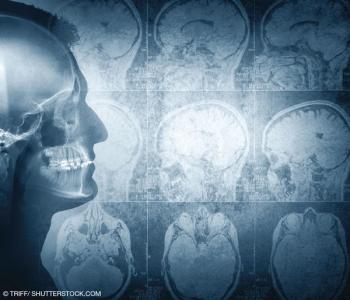
How do meaning, memory, emotions and, especially, human suffering arise from the brain?
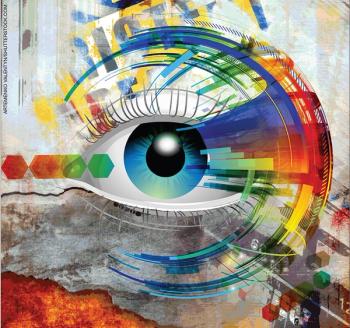
After a brief description of the scope of an important IOM report, this article summarizes content that is especially relevant for psychiatrists.
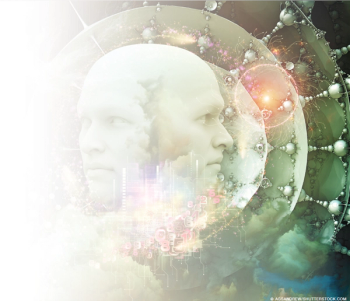
We are a long way from understanding the complex neural basis for behaviors such as mentalization. But, we can mentally imagine the scientific pursuit of questions, one after another, that might get us to that goal.

Your patient is recovering from a traumatic brain injury. He asks you, “Doc, why do I need so much extra sleep?”

A case report of an acute, transient, reversible depression prompts us to think in a different way about depression.

Statutes in 8 states are not designed to assure informed decision-making, say these psychiatrists; instead they represent an unprecedented effort by the government to use physician communications as an instrument for discouraging pregnant women from exercising their constitutional right to make their own reproductive choices.

Published: July 24th 2022 | Updated:

Published: August 19th 2021 | Updated:

Published: February 25th 2014 | Updated:

Published: February 3rd 2015 | Updated:

Published: March 27th 2015 | Updated:
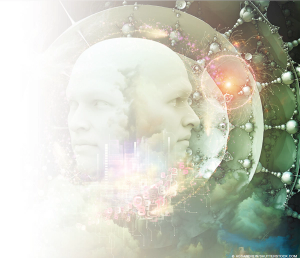
Published: June 24th 2015 | Updated: